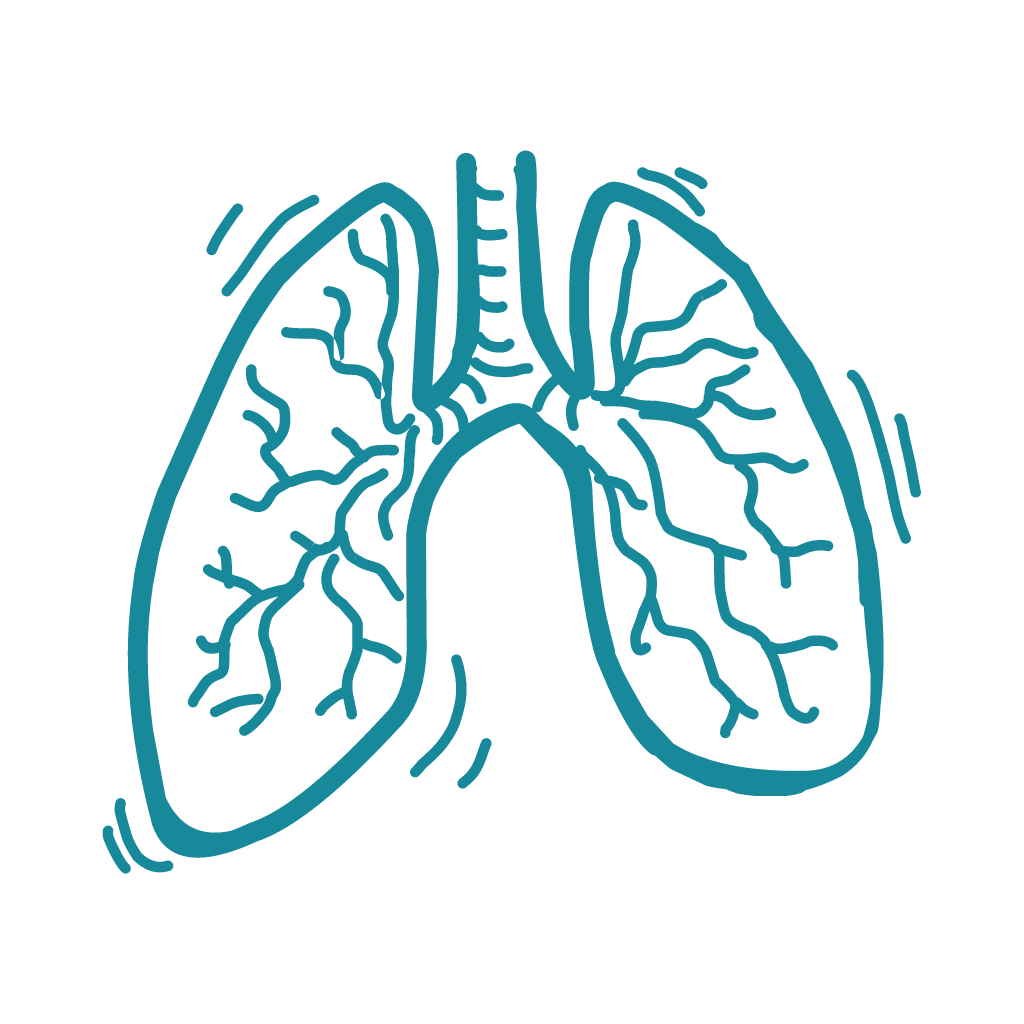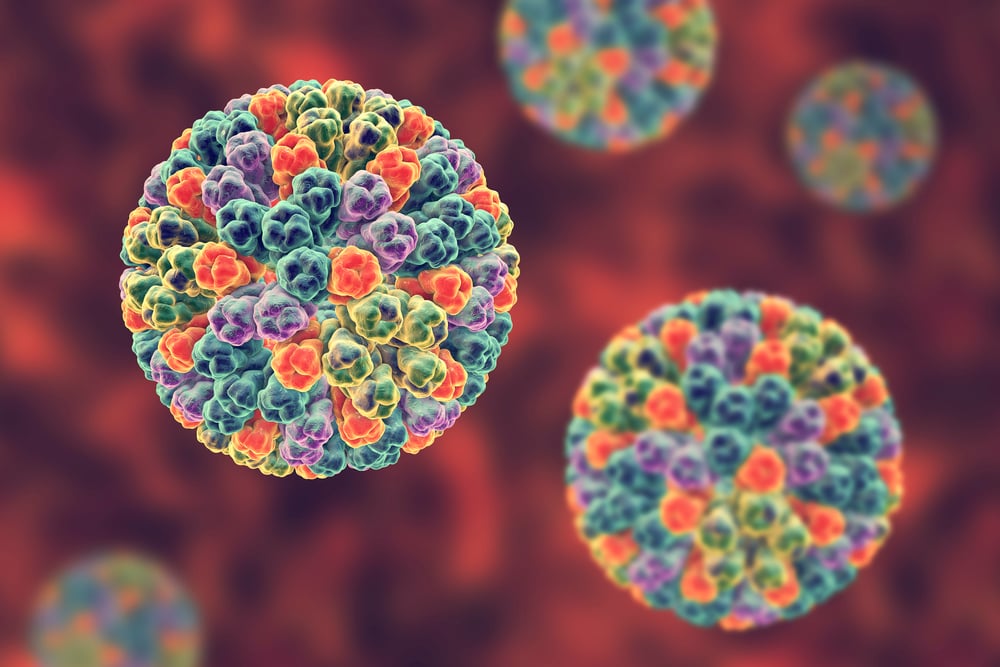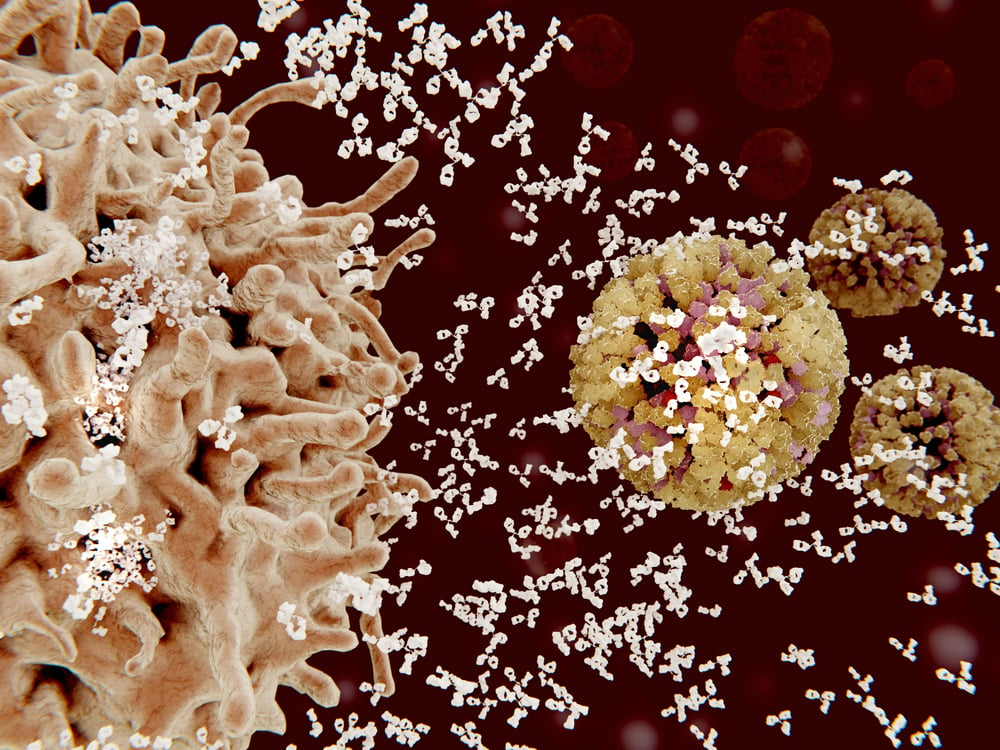Immune Support
Clinical trials for immune-supporting natural products

You've got a product that enhances immune function, but today's consumers are burned out on the same old marketing campaigns and promises. They want proof. A clinical trial provides the evidence your brand needs to build consumer trust and keep the world healthier.
Endpoints for Immune Health Studies
Finding the balance between making supplement claims such as "supports the immune system" and forbidden drug claims such as "prevents COVID-19" is easier said than done when it comes to clinical trials for natural products. To fully and accurately capture the benefits of natural immune support, you need the expertise of epidemiologists, the knowledge of aromatherapists, dietitians, or herbalists, and the proficiency of a clinical trialist.
Because of this complexity, many firms opt instead for treatment-focused trials, testing products on people who are already sick. This approach, however, can cause the FDA to reclassify your immune supporting product as a pharmaceutical, resulting in substantial costs both financially and opportunity.
So how do you prove that your aromatherapy blend, herbal supplement, or nutraceutical provides immune support for healthy people? Nutraceuticals Research Institute helps you meet this challenge with our proprietary Franklin Health Immune Status Scale (FHISS).
The FHISS is the first tool of its kind developed exclusively for the natural products industry to measure immune support in healthy individuals. This comprehensive measurement captures the accurate effects of immune support by focusing on a holistic understanding of the immune system as a whole. This tool enables our research team to document your product's effects on prevention, wellbeing, and susceptibility to disease in accordance with the regulatory guidelines for natural supplements.
A natural products immune support trial at Nutraceuticals Research Institute focuses on 6 primary endpoints, though your trial's endpoints will be hand-selected by our research team to match your product's greatest effects. Our standard immune health endpoints include:

Nonspecific Symptoms
Capturing general symptoms such as fever, muscle pain, or fatigue provides a clear overview of how well your product keeps people healthy.

Function
Daily function scores indicate how well each participant is able to accomplish routine tasks thanks to a strong immune system.

Perspective
Perceived immune status indicates how well the participant believes their immune system is functioning.

Respiratory
Documenting incidence, prevalence, and duration of respiratory symptoms confirms that product provides respiratory-focused immune support.

Gastrointestinal
Documenting incidence, prevalence, and duration of GI symptoms confirms that product provides gastrointestinal-focused immune support.

Quality of Life
Documenting incidence, prevalence, and duration of dermal symptoms confirms that product provides skin-focused immune support.




Immune Health Clinical Trials
Capturing benefits to immune health involves monitoring health status on a daily basis for an extended period of time. Our team is specialized at this high level of participant monitoring to capture each and every symptom, leading to a larger effect size for your product.
Working with Nutraceuticals Research Institute for a high quality clinical trial with a immune-supportive outcome is a worthwhile investment as these studies have the potential to substantiate claims such as:
- supports the immune system
- improves immune health
- protects immune health
- boosts healthy immune function
- delivers immune support
Immune health is typically selected as a primary endpoint for a nutraceutical study. Studies evaluating immune support can also be enhanced by adding outcomes such as sleep and stress.
Questions About Immune-Support Trials
-
Is your immune scale validated?
We love talking about our proprietary suite of psychometric measurement instruments!
These tools were developed to far exceed recommendations in the FDA's guidance on the use of Patient Reported Outcome Measures (PROMs) for the substantiation of labeling claims. The scale contains a combination of subjective and objective data which are aggregated to produce total scores on each of the imune-related subdomains.
Each of our measures are validated and norm-referenced in a population of healthy adult females. Our development priorities include elimination of floor or ceiling effects in this priority population as well as ensuring that each domain has highly precise sensitivity to change.
Our cognition scale was developed and pilot tested with focus groups and qualitative research to ensure face and content validity. It was then tested for psychometric properties using confirmatory factor analysis and item response theory. Internal reliability was determined via Cronbach's alpha.
Our immune health subscales have Cronbach's alpha scores ranging from .82 to .90, which is an ideal range for both exceeding minimum standards for internal reliability while avoiding redundancy and participant burden.
Confirmatory factor analysis confirmed that each subscale measures a single latent factor, with each subscale contributing to the broad latent factor of immune status. Factor loadings were all below 0.5, SRMRs were below 0.8, and coefficient of determinations were above 0.8.
In item response theory testing using graded response modeling, each item in the final version of the scale was found to be highly discriminating with IRT discrimination (trait) parameters all above 1.5 and over 50% of item trait parameters above 2.0. Difficulty parameters and test information curves identified that the test is most reliable within +/- 1.5 standard deviations of the mean.
Practically speaking, this means that the test is calibrated to identify changes to immune function among an average American female adult population and is capable of identifying changes that go both above and below the norm. This ensures that our measures capture the totality of your product's effects on the immune system.
-
How long does an immune support trial take?
We create each and every trial around your product's key benefits. The length of time required for participants to experience a benefit is going to be the driving factor in the trial's total duration.
As a general rule, plan on 6-8 weeks from contract execution to the first participant's start date. This time is for protocol development and obtention of ethical authorizations/registrations. This is the most important timeframe of the entire study as it lays the groundwork for a trial that meets our high standards of quality and is capable of staying on the target timeline.
Following the first participant's start date, we typically recommend adding 2 months to the total intervention period for us to hand-select each participant in your study among our nationwide community of participants. This means that a 3-month intervention would require approximately 5 months.
The amount of time required for your product to deliver effects is influenced by a wide range of factors. For example, trials run during the cold/flu season are more likely to capture effects faster than trials run during healthier seasons such as spring. Our epidemiology expertise helps to set the timing of your study so that you can maximize your total investment.
After all data are collected, our team audits each dataset to ensure accuracy. We then clean the data, construct the outcome variables from the data collected, and begin statistical analysis. This phase takes 4-6 weeks on average. More complex studies with multiple outcomes can take several months.
Once outcomes are confirmed, we immediately provide you a quick review of the findings. Our team then spends another 2-4 weeks creating a long-form technical report that goes into precise details of the entire study, a submission-ready scientific manuscript for publication of the findings, and a full color lookbook which contains the technical report contents as well as attention catching graphs and charts. This ensures that everyone on your team, from legal to scientific to marketing, has access to the findings in the form that best meets their needs.
-
How does your approach of custom protocol creation affect the budget?
We design custom trial strategies around the needs of your immune support products Our expert approach to clinical trial design focuses on the quality of your trial and FDA/FTC natural product-specific guidelines for dietary supplements. We prioritize ethics compliance, data protection, and quality control over wasteful and irrelevant systems borrowed from other industries.
Through this approach, we're able to reduce inefficiencies in the research process and eliminate needless overhead costs that are not relevant to the standards for health-enhancing products.
Not only does this approach substantially reduce the cost of a clinical trial for your immune enhancing product, it also improves the quality of the trial. It's a win-win.
So what does this actually look like for your trial? At Franklin, we prioritize transparent pricing. Each and every trial is a bespoke design based on your energizing product's unique needs, with your budget and goals in mind. With our extensive expertise in natural products and clinical research, we're often able to come up with creative solutions to work with any trial budget.
The typical randomized, double-blinded placebo-controlled clinical trial for an immune enhancing product varies based on a number of factors. On the lower end, a trial may run anywhere from $145,000-$165,000 for an 8-week study of 100 people during high-risk seasons or engaged in high-risk activities. On the upper end, a 3-4 month intervention with larger groups and more complex analyses can run into the low-$300,000 range. Our scientists will work with you to develop a trial that captures the real world effects of your product while staying within the confines of your budget.
Immune Health Clinical Trials
Capturing benefits to immune health involves monitoring health status on a daily basis for an extended period of time. Our team is specialized at this high level of participant monitoring to capture each and every symptom, leading to a larger effect size for your product.
Working with Nutraceuticals Research Institute for a high-quality clinical trial with an immune-supportive outcome is a worthwhile investment as these studies have the potential to substantiate claims such as:
- supports the immune system
- improves immune health
- protects immune health
- boosts healthy immune function
- delivers immune support
Immune health is typically selected as a primary endpoint for a nutraceutical study. Studies evaluating immune support can also be enhanced by adding outcomes such as sleep and stress.